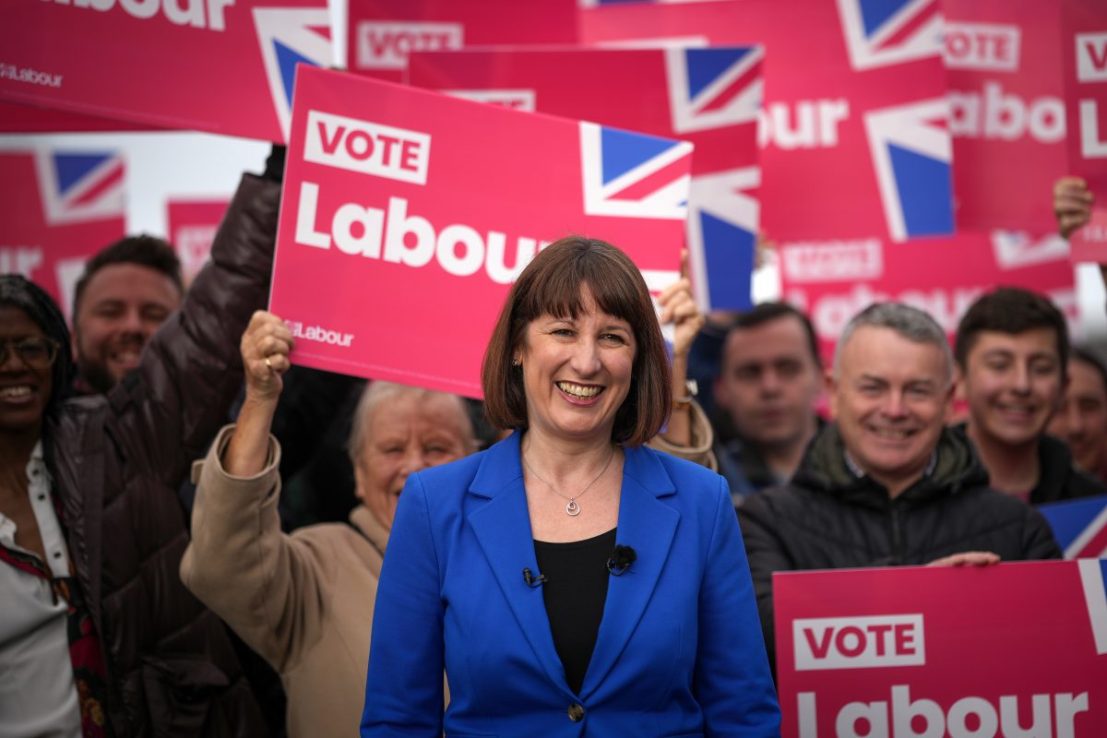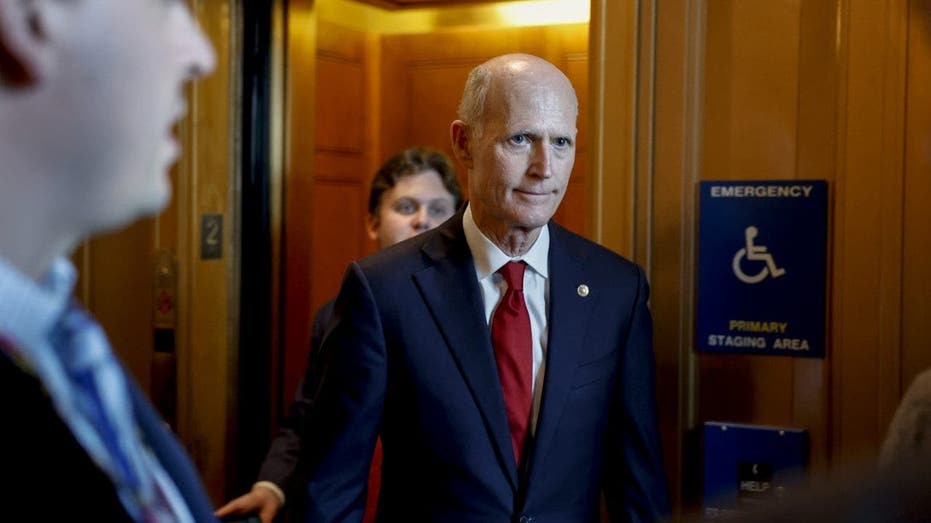Will it work? Securonomics
Rachel Reeves has promised growth, but not to increase borrowing or impose new taxes. Can securonomics work? Sam Fowles investigates.


It’s an election year. Politicians are giving us a barrage of policies. But we often forget to ask the most important question: will they actually work? In this column I take policies on their own terms and asks whether they solve the problem they’re supposed to solve.
This week, it’s Labour’s plans to turn around the economy.
What’s the plan?
The success or failure of a future Labour government depends on getting the economics right. Britain is undergoing one of the worst periods of stagnation since the Napoleonic war. Since the Conservatives took over in 2010, GDP per capita has increased at its slowest rate since 1939. The UK’s debt to GDP ratio has increased from 70.9 per cent in the last year of the Brown government to 94 per cent today. This is often blamed on the “bad luck” of the pandemic. But all governments face economic shocks. The underlying strength of the economy determines how effectively they can address the problem and how quickly the nation recovers. Two years post-pandemic, the UK has the weakest economy in the G7.
Rachel Reeves has promised growth. But not to increase borrowing or impose new taxes. Instead, Reeves proposes a ‘securonomics’ industrial strategy based around three prongs: creating stability, reforming how the Treasury works, and promoting investment.
Reasons to get excited
Reeves is starting in the right place. The IMF’s number one prescription for the UK is “a stable, long-term strategy to promote business investment”. Her promise of a single spending review for a five-year period and consistent, long-term, economic governance will be a tonic for an economy battered by the policy U-turns of recent years. If businesses know where the government is going in the long term then they can make plans and invest with confidence, rather than constantly changing direction to accommodate the latest bright idea from Tufton Street (as they have been forced to in recent years). Reeves’ Treasury reforms (in large part focused on the way the Treasury communicates with business) will be welcome.
Previous administrations have jealously guarded information, even attacking the OBR. Reeves’ plans, to disclose a much broader range of information about the economy, will allow businesses to properly plan.
A version of securonomics has found (initial) success across the Atlantic. “Bidenomics”, focused on building economic resilience, has triggered growth at nearly two per cent this year and is forecast to surge beyond 2.5 per cent in 2025.
Cause for concern
The problem, for Labour, is that Reeve’s plan only does half a job. Biden’s securonomics success story was achieved by investing $500bn in the American economy to stimulate growth. Labour, at best, plans an anaemic £4.7bn ($6.01bn) per year. Reeves hopes that the private sector will step in with investments if she just acts a little less recklessly than her predecessors. But she’s displaying the same magical thinking that has held the economy back for decades.
Per capita growth has trended down since the 1980s. A recent LSE study shows why: governments which rely solely on the private sector for investment deliver lower growth than governments which put their money where their mouth is. This isn’t to say public spending should drive the economy. But essentials like R&D, upskilling, and national infrastructure (transport, the national grid) are risks that even the most bullish investors are reluctant to embrace in lean times. Public investment is the spark that ignites the economic engine. The time for fiscal retrenchment is when the engine is singing, not when it’s spent three decades getting cold.
How does it score?
- Electoral appeal: 3/5
- Value for money: 3/5
- Effectiveness: 2/5
- Originality: 2/5
Overall: 10/20
VERDICT: Reeves is making many of the right noises, but she needs to ditch the Treasury orthodoxy or growth will remain anaemic.
Sam Fowles is a barrister


